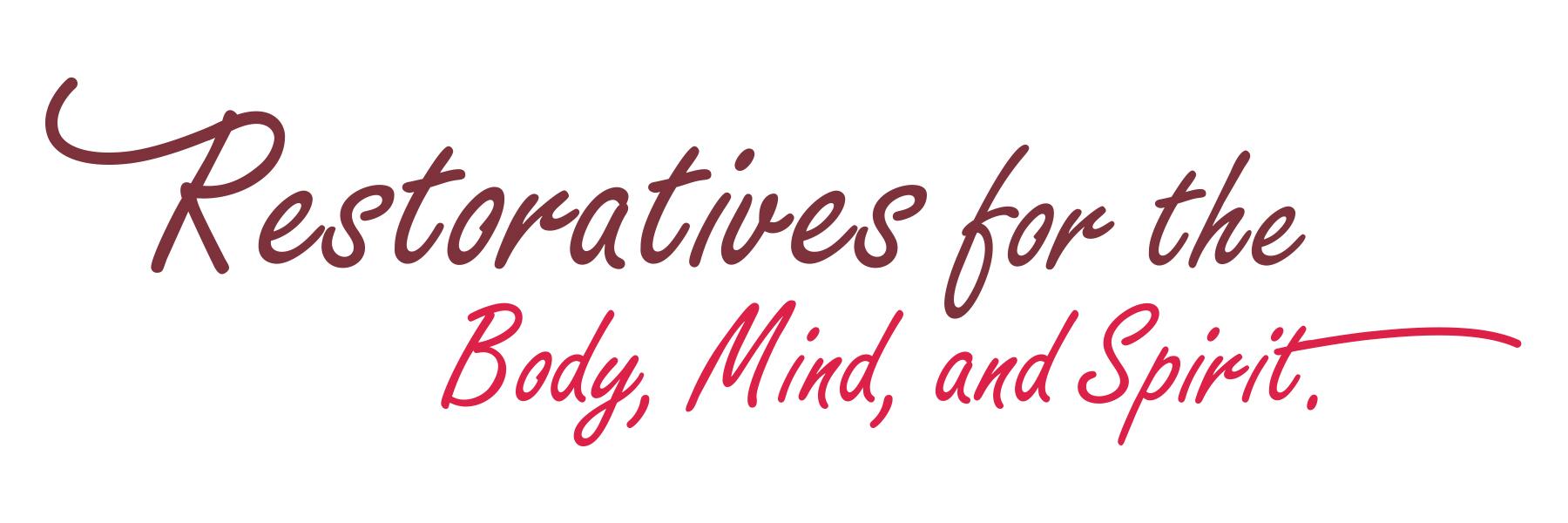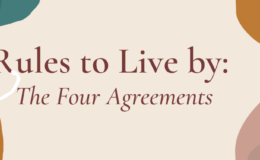That’s an interesting question. Brené Brown says, “Our sense of belonging can never be greater that our level of self acceptance.” But where does our sense of belonging come from? It seems like everywhere we turn we are bombarded with messages that we need to be more organized, be more fit, have tighter abs, eat healthier foods, have shinier hair, have a more balanced life, be a better parent, look younger, work harder, and it goes on and on and on. But really, who says? And what is the metric for better, healthier, shinier, and nicer? And more importantly, what are these messages doing for our kids?
I wish I had the answers to these questions, but I believe they are important ones to consider and discuss them. When I was younger I loved reading magazines and keeping up with the latest fashion and make-up styles and such. Then came a time a few years ago that I just felt icky when I read those headlines and magazine articles. They made me feel unworthy and killed any good sense I had of myself. What happened?
It’s a tightrope walk undoubtedly. We better ourselves by making goals and staying committed to improve our lives and ourselves. And sometimes I think our goals get distorted too. It’s so easy to strive for something that doesn’t exist and that can get confusing for adults and young people alike. A friend of mine went to a workshop with her teenage daughter. They ended up looking through women’s magazines cutting out anything that they liked and were inspired by – lips, eyes, shoes, clothes, hairstyles, and more. At the end, each girl had a collage of her “perfect image”. The problem was that the end result was the eyes of one person, the hairstyle of another, lips, butt, and fashion style all from unique individuals. That one person who has it all does not exist. It’s more than a good reminder to reflect on the nature of our goals and whether they are outwardly or inwardly oriented.
To make matters worse, we tend to focus on faults more than talents. This is a deficit perspective and can become a dangerous obstacle blocking the way of living to our highest potentials. What happens when a child has all A’s in school (even an A+ in English or History) and a B or C in math for example. Many kids in high school will be referred to a math tutor because they need to get good grades in math. I heard a story recently that put it all into a new perspective. Take the same story and apply it to sports. Imagine a kid that’s really good at basketball and just ok at baseball. Do we go out and get extra baseball coaching? No! We provide enrichment and support to make him or her even better and in pursuit of excellence at basketball. I love this example because it really demonstrates how perverse our perspective and dialogue can be. Where are you putting energy into deficits rather than building on what you are already good at? And if you have children, what does that dialogue look like? It’s so easy to compare ourselves to an unrealistic ideal rather than accepting and celebrating what we are really good at and acknowledging growth and improvements at our own personal pace.
Our son has had significant behavioral and mental health challenges. He does not fit into any of the boxes available to children in our “tidy” society. I have researched and tried so many things to “help” him and support him. He’s my son, I’ll do anything for him and I want the best possible outcome for him. But what if we are all trying to hard to make him “fit”? It’s a question that I ask myself often. It’s not easy when everything around me is screaming that kids are supposed to be a certain way and it must be the family’s fault or the parenting or lack of discipline or whatever when a child doesn’t turn out to the perceived metric of success. Maybe kids like this are delivering an important message to us. My son is good at being himself. And the best question I can ask him each day is, “How were you your best self today?” That also means that when some kind of incident happens, I need to experience it with a different lens. I’ll be honest here, I miss this mark A LOT. It’s so easy to default to being upset and getting back to “fixing” him. Then I realize that while the outburst was unpleasant (maybe even VERY unpleasant), if there hasn’t been one for a few weeks, then that may actually be a huge improvement from 5-6 times per day a few months ago. It all depends on which perspective I take.
When I flip the lens back to myself, I am also guilty of measuring myself to idealistic expectations and values that are not my own and that have been imposed on me. I stopped reading those magazines that give me the message over and over again that I am not good enough. I’m learning what I’m really good at and investing in getting better. This requires a lot of grace and compassion. There are endless opportunities to practice that too! The best way I have found to move forward is to set an intention to be my best self each day with the realization that my best self will be different from day to day. So instead of all the other questions we can reflect on and measure ourselves at the end of the day, maybe the best one is, “how were you your best self today?”







